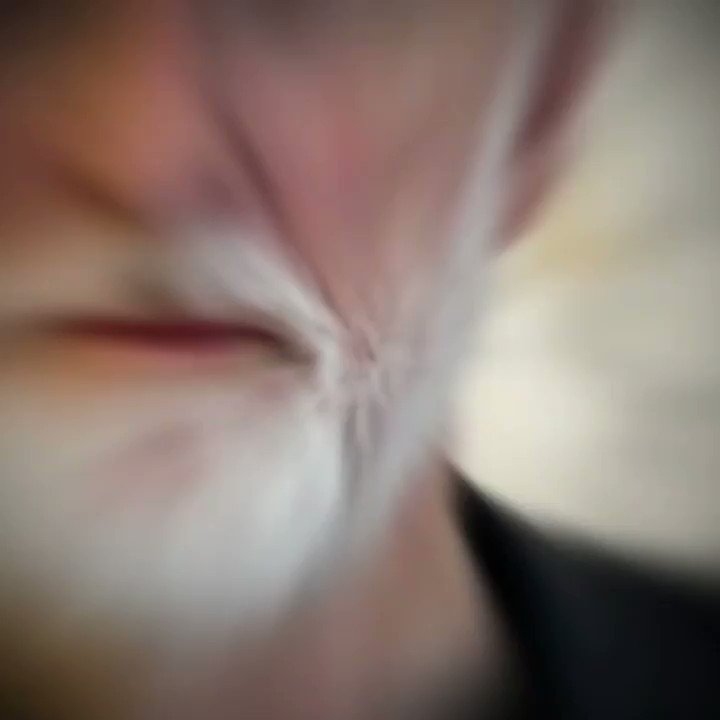Jyoti Kalash
4:58
4:58
4:58
4:59
5:01
5:02
5:03
5:03
5:04
5:05
5:06
5:06
5:06
5:08
5:08
5:09
5:10
5:10
5:10
5:11
5:11
5:12
5:12
5:13
5:13
5:14
5:16
Connecting…





